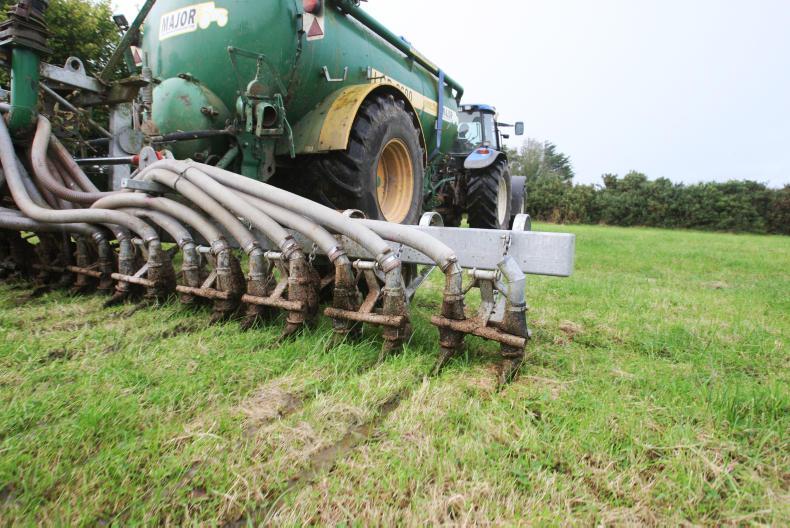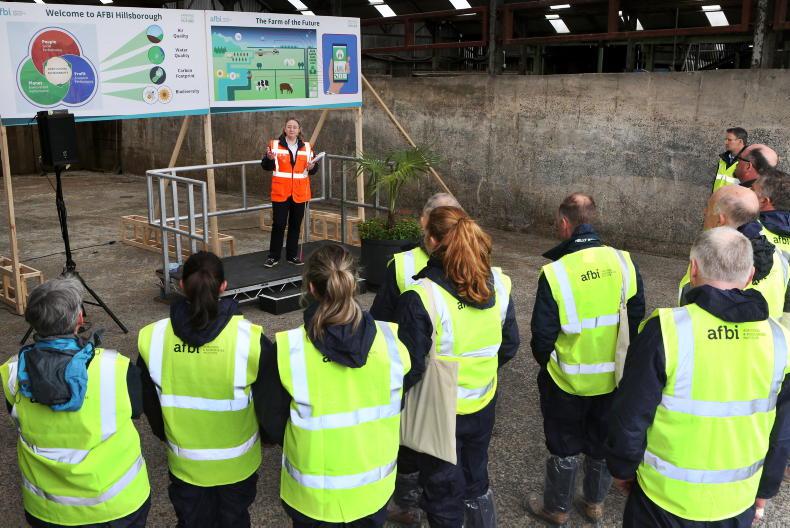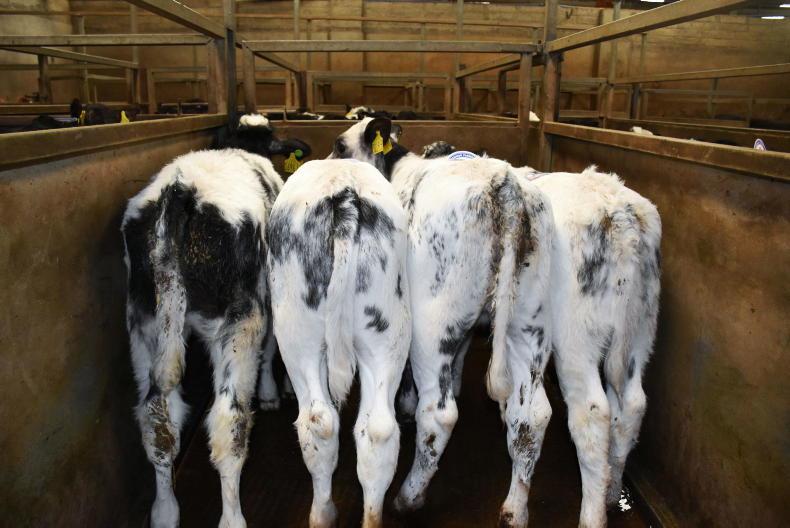The total number of farmers in NI who plan to operate under a nitrates derogation during 2021 is almost unchanged from last year.
DAERA received 433 derogation applications before the 31 March 2021 deadline, which compares to the 432 farmers that applied for the 2020 calendar year.
However, the total remains lower than other years as 472 applied in 2019 and 480 applications were received back in 2018.
A derogation allows the nitrogen loading limit from organic manure on highly stocked farms to increase from 170kg/ha to 250kg/ha.
Farmers that operate under a derogation are required to prepare a fertilisation plan for the current season and then submit fertilisation accounts to DAERA the following year.
For farmers that are operating close to the 170kg/ha limit, another option is to export organic manure off farm.
Overall, 1,626 farm businesses submitted records of slurry exports for the 2020 year. It is marginally lower than the year previous when 1,670 farmers submitted slurry export forms.
Closed period
Meanwhile, scientists at the Agri Food and Biosciences Institute (AFBI) have concluded that the closed period for slurry spreading helps water quality in NI.
According to results from a scientific model, the Nutrient Action Programme leads to a 32% reduction in phosphorus runoff when compared to a scenario where there are no restrictions on slurry spreading.
Extending the closed period to include all of October and February would result in a 13% reduction in phosphorus loss, although this finding does not consider the knock-on impact on slurry storage and the need for more spreading during the shorter open period.
If slurry applications were allowed in January, there would be a 4% rise in phosphorus run-off. However, the AFBI researchers said that this would require tighter regulations on appropriate soil moisture conditions for spreading slurry.
“It is likely that if these tighter regulations were also applied during the remainder of the open period, the overall impact would be fewer days available for slurry spreading between 1 January and 15 October than are available in the current open period,” the scientists state.









SHARING OPTIONS